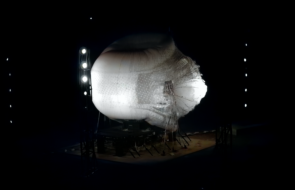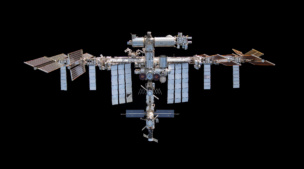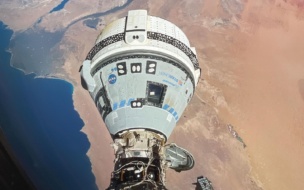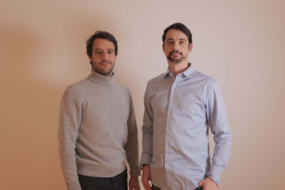Voyager Space announced today that it has signed on Airbus as a partner for Starlab, a free-flying LEO outpost planned to be launched in 2028. Airbus Defense and Space will provide design support and technical expertise for the space station, which is under development.
- Voyager-owned Nanoracks is already iterating on orbit toward the eventual free-flying station.
- Lockheed Martin ($LMT) is working with Voyager to design and deploy Starlab.
Starlab at a glance: The station is designed to provide 100% of the ISS’s payload capacity, and will be able to support “hundreds” of scientific and commercial experiments each year. The continuously crewed station will serve as a science park, commercial hub, and (potentially) a space hotel.
The international angle: This partnership will help “expand Starlab’s ecosystem to serve [ESA] and its member state space agencies to continue their microgravity research in LEO,” Voyager Chairman/CEO Dylan Taylor noted in a statement. Jean-Marc Nasr, EVP of space systems at Airbus Defense and Space, added that the pairing “is an important step in making Starlab a reality, providing a foundation for long-lasting European and American leadership in space.”




